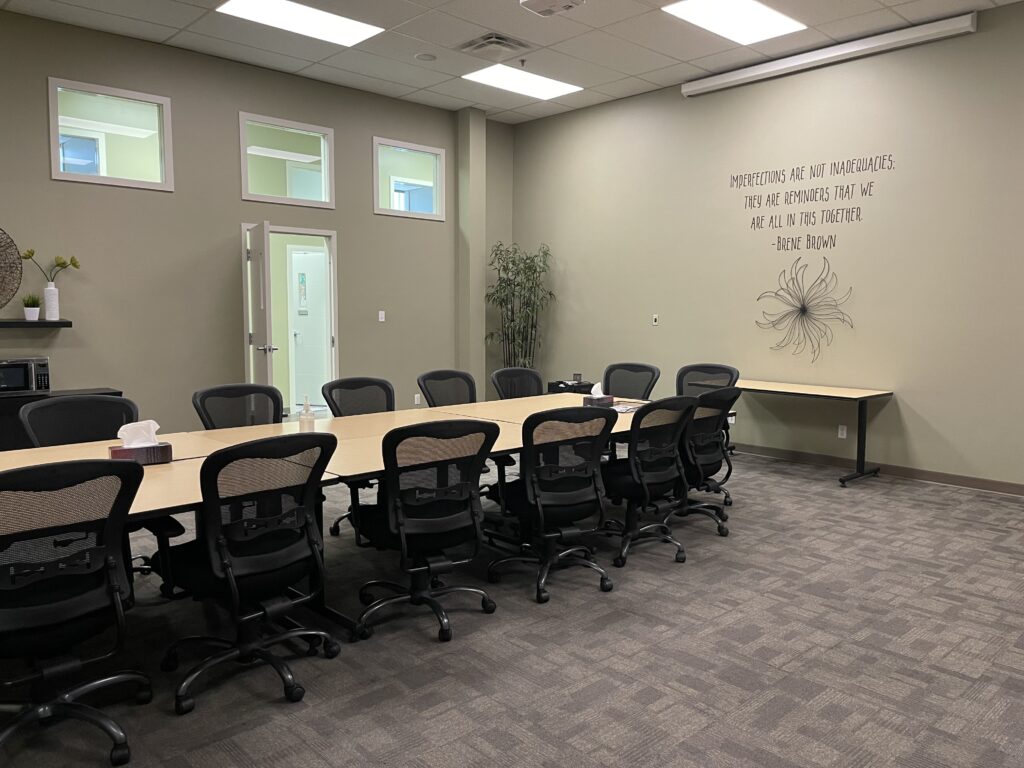Cutting Edge Strategies to Improve Executive Function Skills
Event Details

| Date | Time | Registration Deadline |
|---|---|---|
| January 22, 2020 – January 23, 2020 | 8:30 am – 3:30 pm | January 8, 2020 |
Conference Location | Sandman Signature Lethbridge Lodge (320 Scenic Drive South, Lethbridge, AB)
The Award Winning 360 Thinking Program combines concepts that are at the core of Executive Functioning: situational and intention awareness, mental dress rehearsals, future thinking, time awareness and visualization, which promote efficient and accurate completion of tasks.
Our model facilitates the development of 6 key skills for individuals: initiation, transition, planning, time management, self-regulation and meta-cognition. As the steps of a task are envisioned, potential obstacles can be anticipated for individuals to problem solve and achieve independence.
Day 1 – FOUNDATIONS – OVERVIEW
Learn it Today, Use it Tomorrow! Practical, Cutting Edge Interventions for Improving Executive Function Skills in Individuals
Executive function skills refer to the brain functions we use to manage our attention, our emotions and our behaviour in pursuit of our goals. Young children rely on these skills to follow a sequence of instructions for daily tasks while older individuals need these skills to “break a task down” into a sequence of steps and organize a timeline as the demands for independent learning increases.
Day 2 – A DEEP DIVE: ADVANCED IMPLEMENTATION OF EXECUTIVE FUNCTION SKILLS
This Advanced Class is for the professional who wants to learn more strategies and techniques, have advanced treatment examples, and become more knowledgeable of the scope and sequence to implement executive function strategies. Immerse yourself in the entire 360 Thinking Executive function curriculum.
Topics covered over the two days include:
Self-Regulation and Situational Awareness
- Improving self-regulation: Understanding and treating the underlying executive control skills for task motivation, initiation and output.
- Practice teaching individuals to develop situational awareness skills so they can “stop and read a room” and self-regulate their behaviors for a given situation.
- Learn how individuals can think in an organized and flexible way about systems and then self-initiate to manage their personal belongings in personal and shared spaces.
Teach Individuals to be a Mind MIME
- Learn how to help individuals create mental visual imagery for the future and to perform a mental dress rehearsal to sequence actions towards a goal and hold that prospective memory in mind while they execute and self-monitor through tasks. Learn how to increase a student’s spatial temporal window or how far into the future they can see and sustain prospective planning.
- Improve speed of information processing and cognitive flexibility.
Being a Beat Ahead: Following Routines, Initiating Tasks, Making Transitions
- Teach student to develop a “memory for the future”.
- Decrease prompts! Increase the independence with which individuals can self-initiate, transition, control their behaviours and impulses to complete tasks with less supervision and fewer prompts. Increase a student’s ability to fluidly transition from one mental mindset to another and to switch from a current task to being prepared for a new task.
Time and Task Management
- Teach individuals to internally sense the sweep of time and to self monitor to sustain concentration, manage pace and complete tasks in allocated time frames.
Speaker Profile
Sarah Ward, M.S., CCC/SLP Speech and Language Pathologist
Sarah has over 25 years of experience in diagnostic evaluations and treatment of executive dysfunction. Ms. Ward holds a faculty appointment at the Massachusetts General Hospital Institute of Health Professions. Sarah is an internationally recognized expert on executive function and presents seminars and workshops on the programs and strategies she has developed with her Co-Director Kristen Jacobsen. Their 360 Thinking Executive Function Program received the Innovative Promising Practices Award from the National Organization CHADD. She has presented to and consulted with over 1200 public and private schools in Massachusetts and across the United States.
Target Audience: Educators, service providers, therapists, administrators, paraprofessionals, parents/guardians, in-home support workers, psychologists, occupational therapists, speech-language pathologists, and those looking for strategies personally or professionally for ADHD and Executive Function Strategies.
KCC reserves the right to film video content and take photography at our events. This content is used for educational and promotional materials. We respect your privacy; if you do not want your child to be featured in our videos or photographs, please notify our office prior to the event you have registered for.
| Category | Session Days | Program Length |
|---|---|---|
| Conference | Wednesday and Thursday | 2 days |
How to Register
Registration for this event is now closed. To inquire about booking this event in the future or other events, please visit our event booking page or contact us by phone at 403-524-2522 or by email at contact@keyconnectionsconsulting.com.
